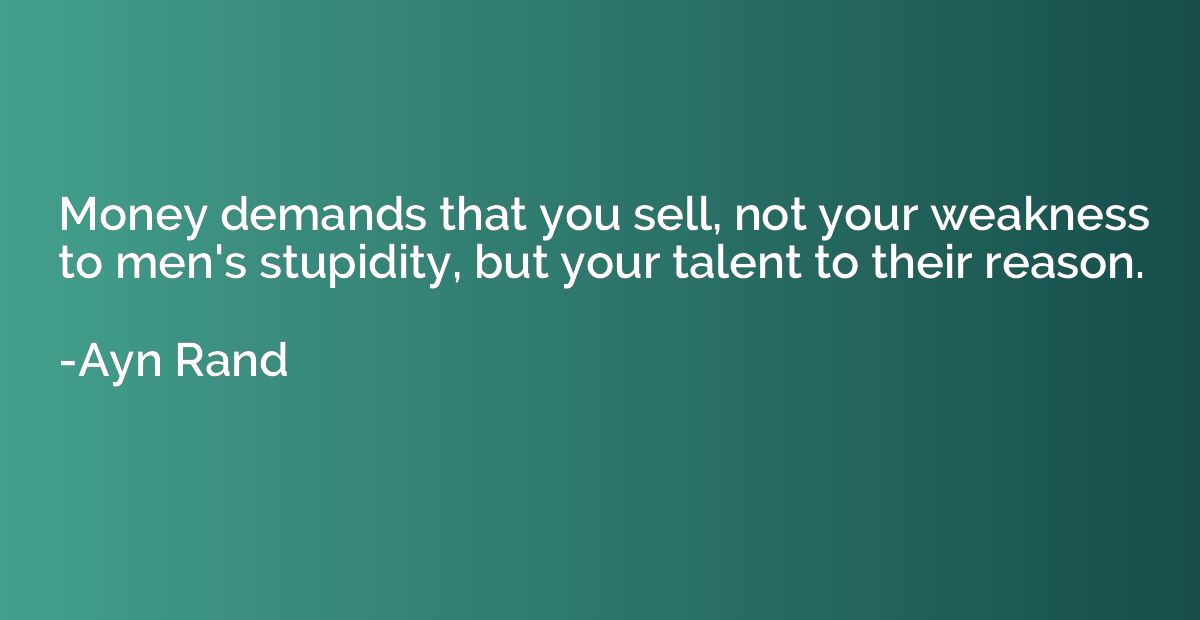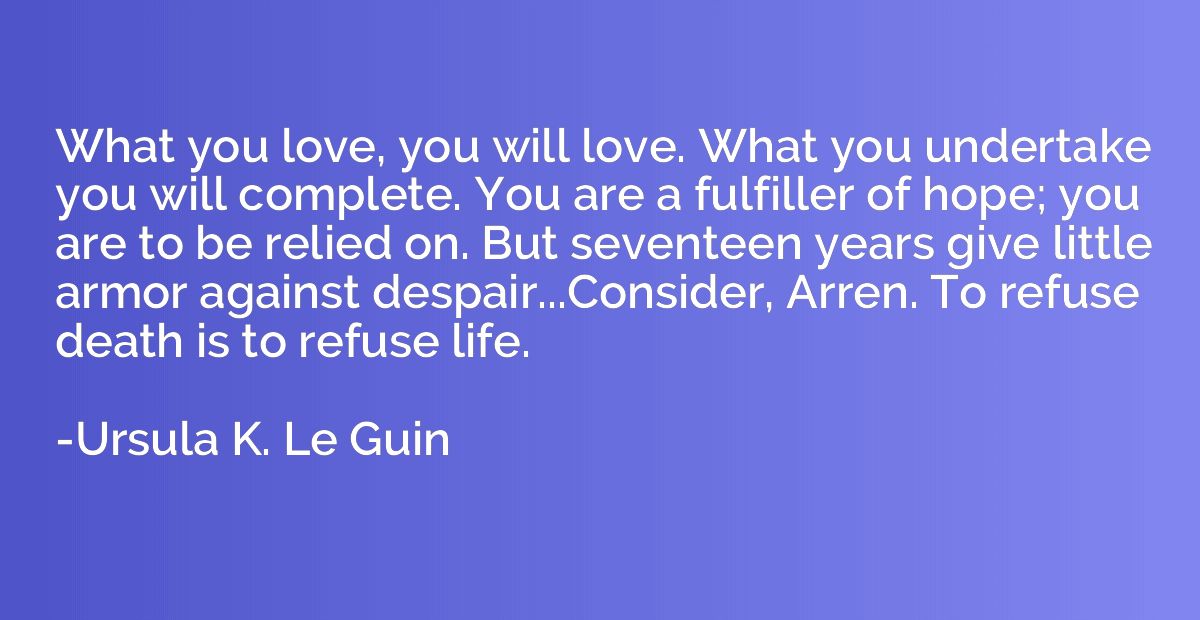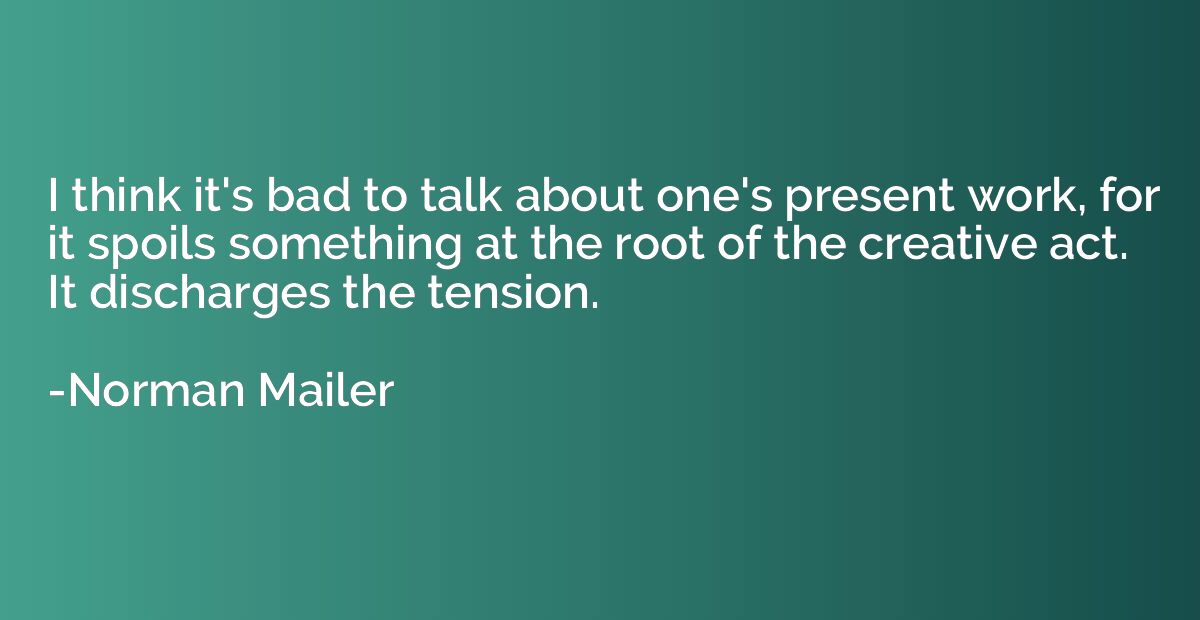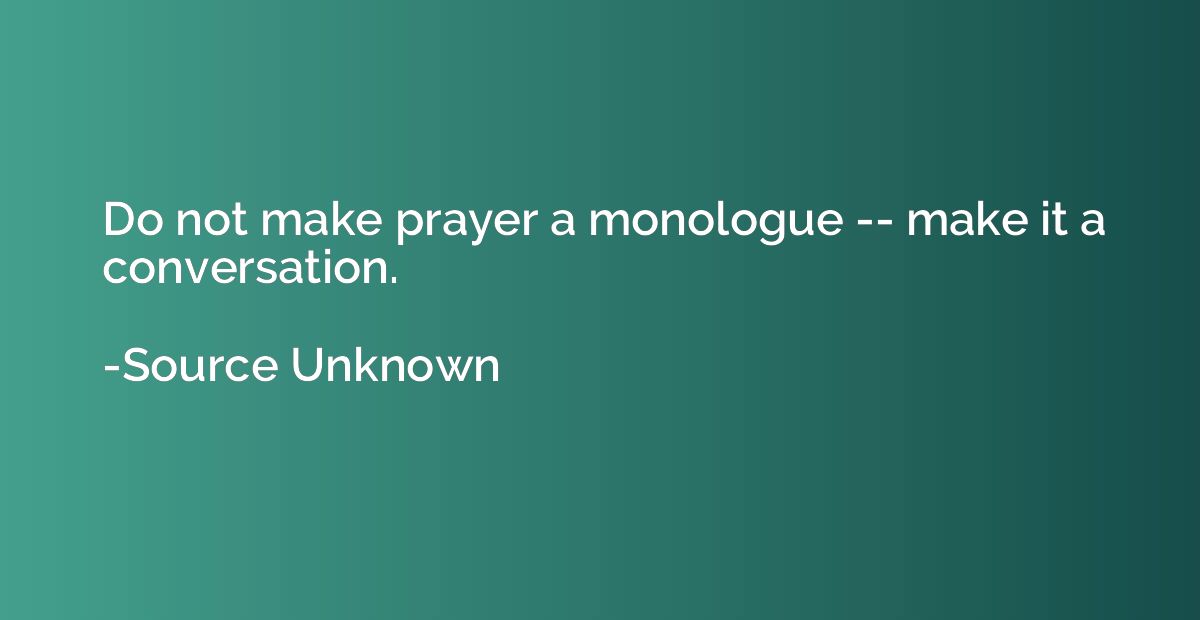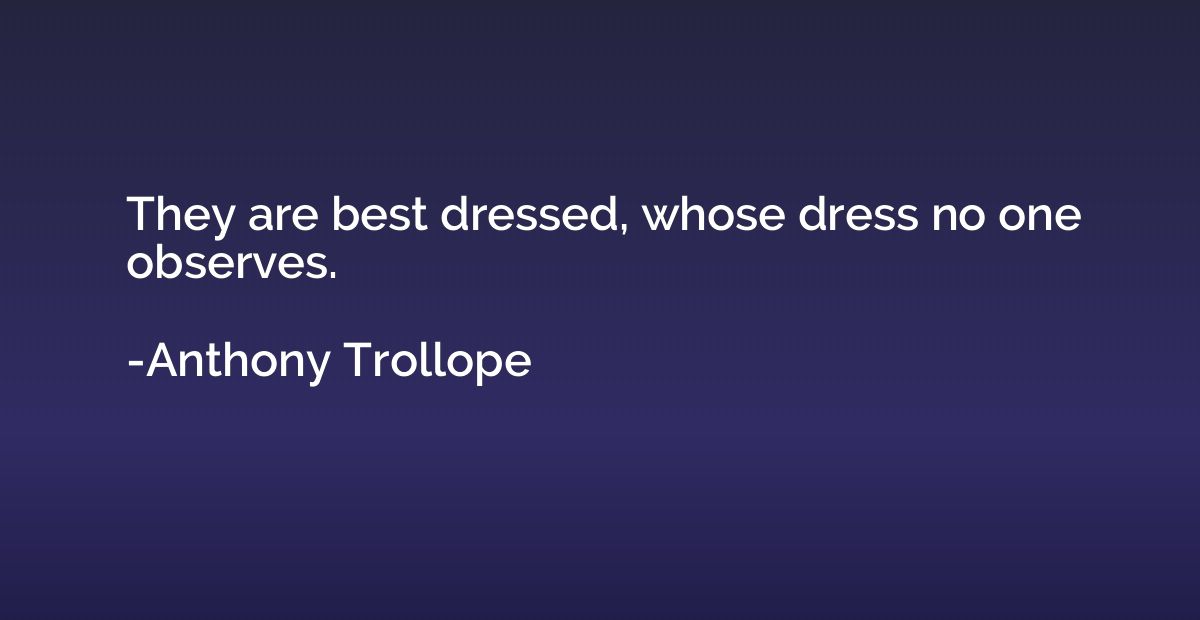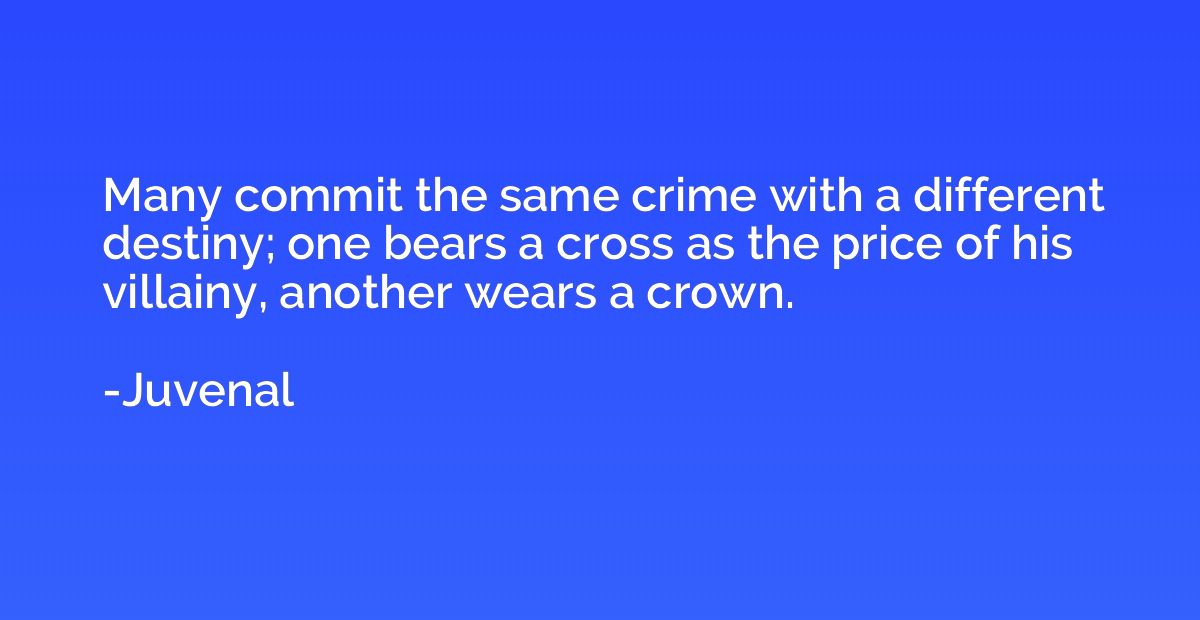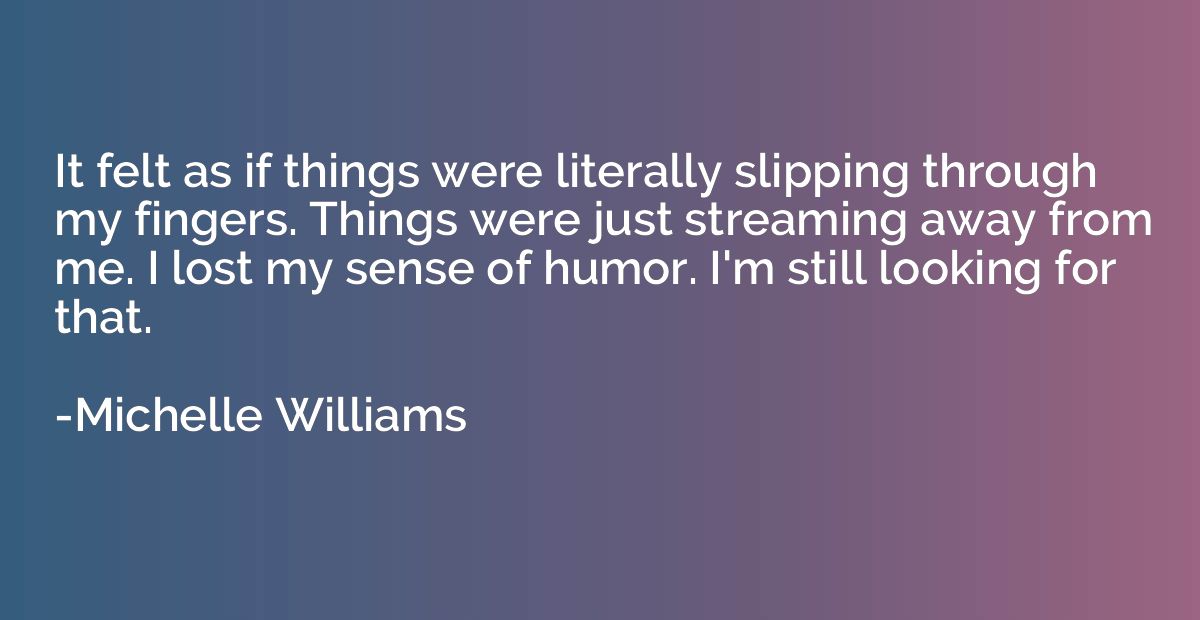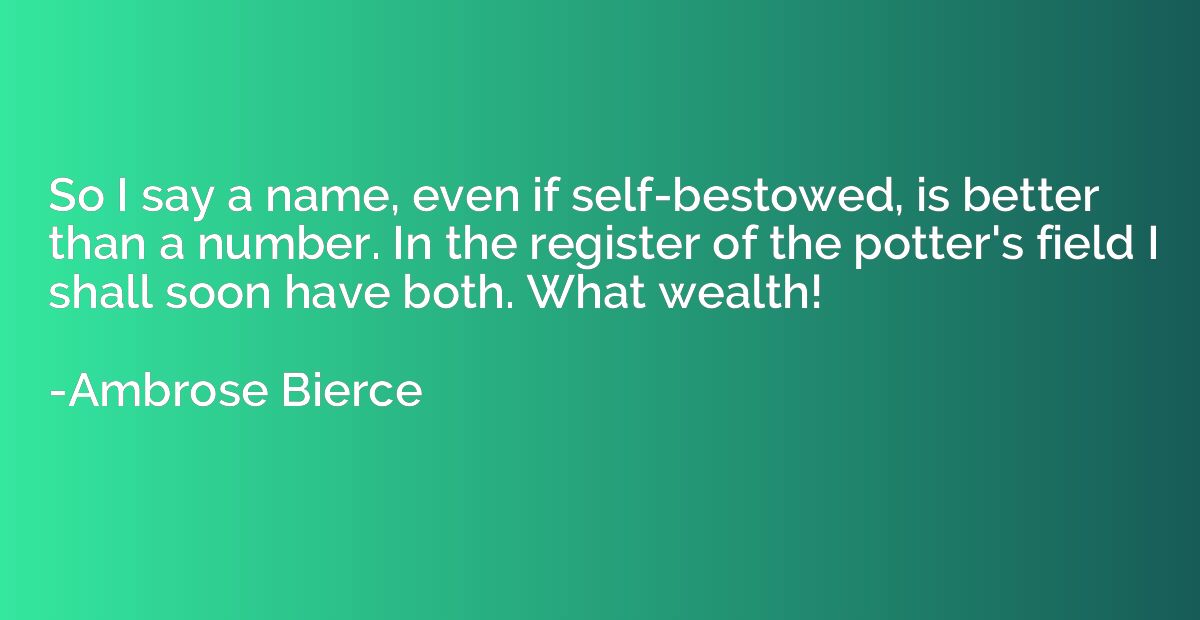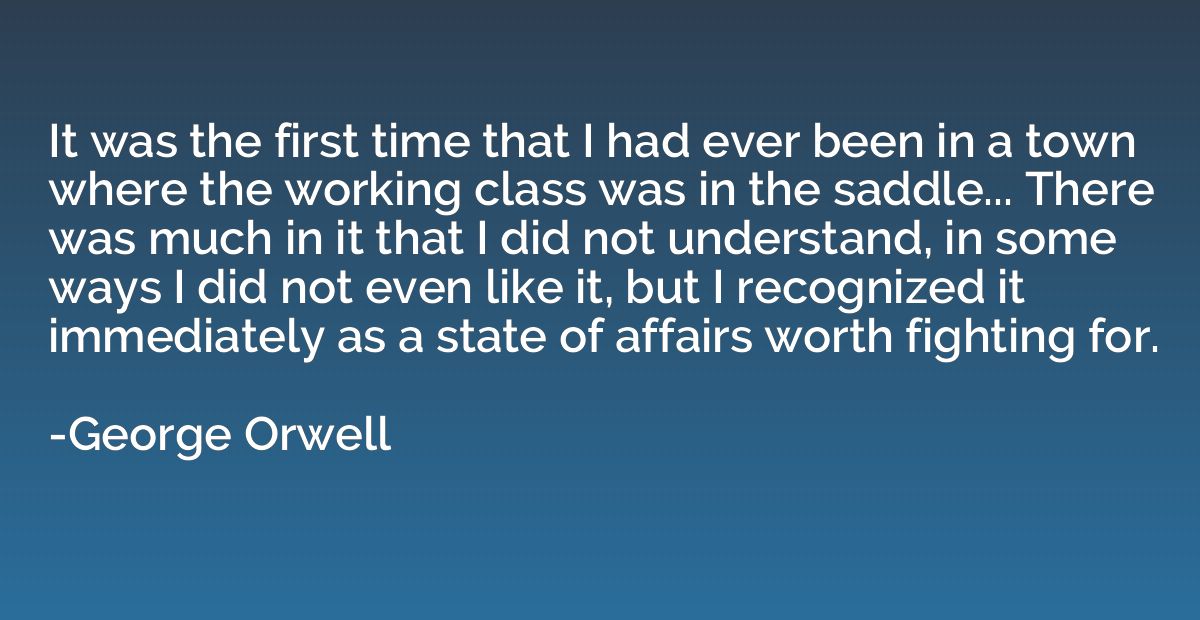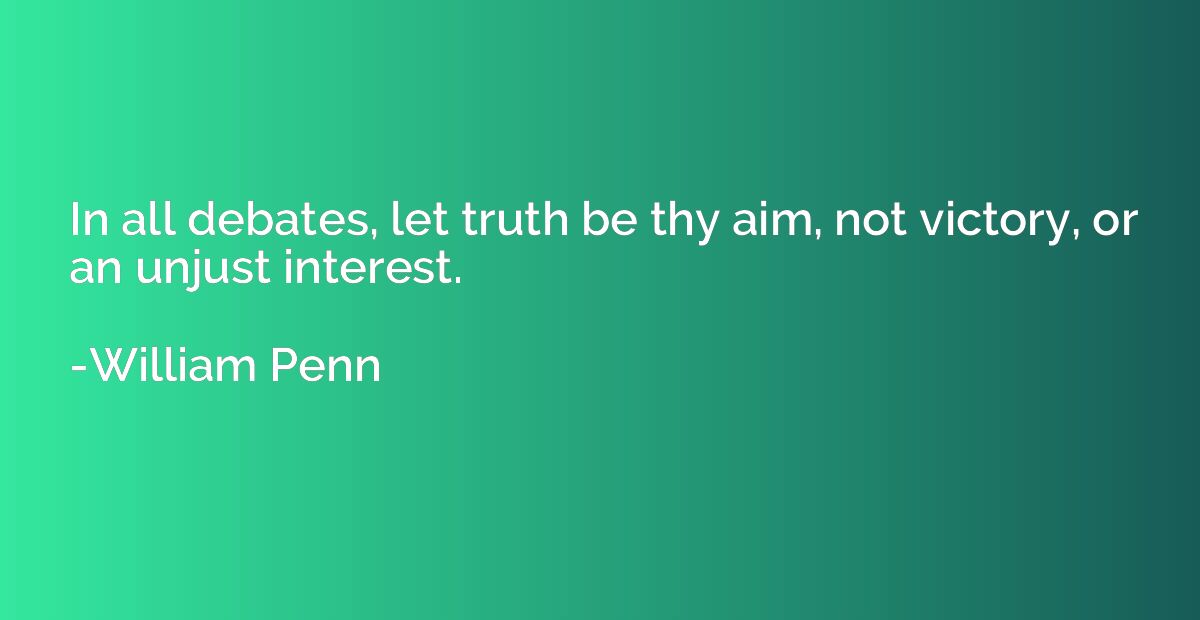Quote by Winston Churchill
Politics is almost as exciting as war, and quite as dangerous. In war you can only be killed once, but in politics many times.
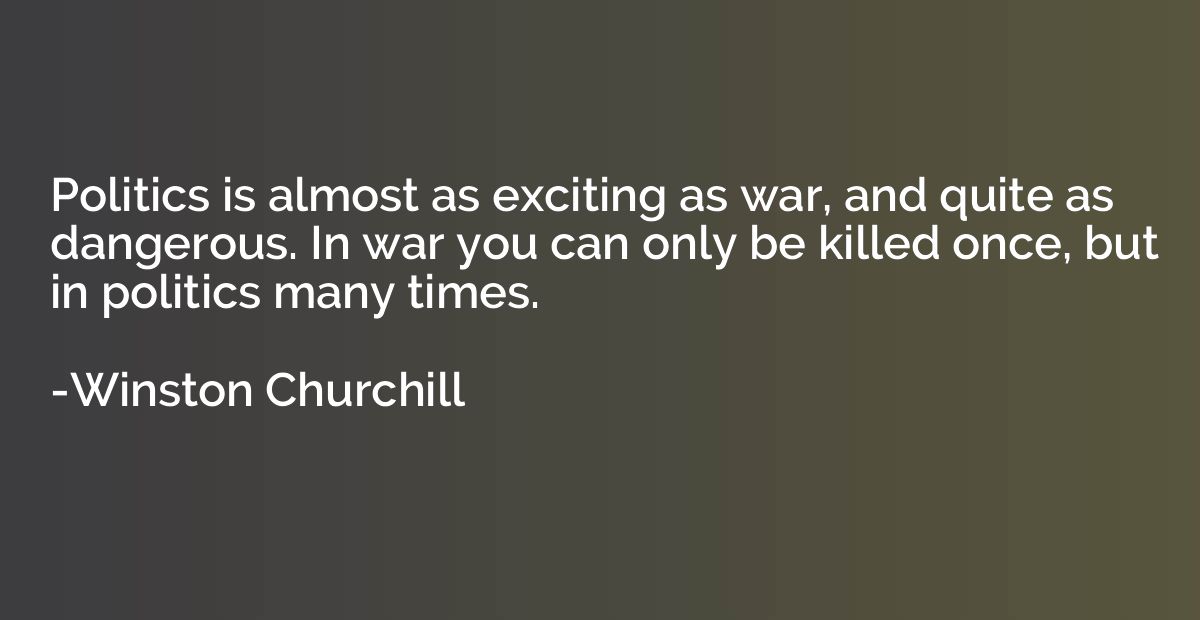
Summary
This quote highlights the thrilling nature of politics and its potential risks. It suggests that politics can be as exhilarating as war, involving high stakes, intense competition, and uncertainty. However, it also underscores the durability of these risks in politics, as one can face negative consequences multiple times, unlike in war where death is a singular event. By drawing this comparison, the quote emphasizes the danger and challenges involved in navigating the political landscape, suggesting that the consequences can be both unpredictable and enduring.



